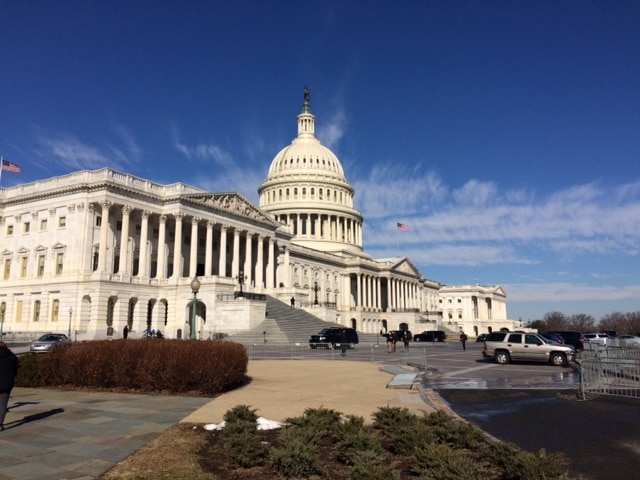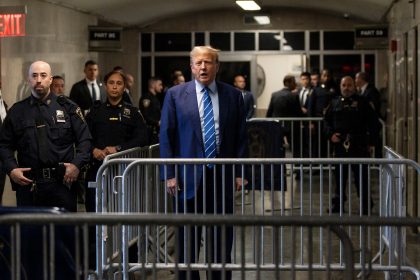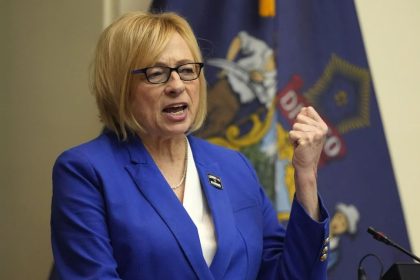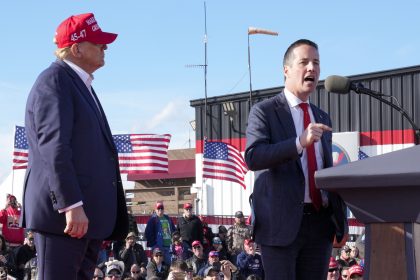Voting Rights Overhaul Championed by Democrats

WASHINGTON — Democrats in Congress want to overhaul the nation’s voting laws with the “For the People Act” (H.R. 1). Their majority in the House makes approval of the bill likely as soon as this week.
H.R. 1 would reduce barriers to voting by extending early voting periods and allowing automatic voter registration.
Other provisions would require states to use independent, nonpartisan commissions to rewrite congressional districts and would increase transparency about big money donors to political campaigns.
At a congressional hearing Monday, Rep. Norma Torres, D-Calif., called the bill an effort “to ensure that voters choose their leaders and not the other way around.”
The bill was introduced first in 2019 and reintroduced last year but never made it past the then-Republican majority. They said it would nationalize voting rights that should be governed by the states.
Republican then-Senate Majority Leader Mitch McConnell said at the time the bill would not “go anywhere in the Senate.”
Republicans repeated their previous concerns Monday at the House Rules Committee hearing that the For the People Act was written by Democrats to favor Democrats in upcoming elections.
“This is a real threat to democracy,” said Rep. Rodney Davis, R-Ill, calling it a violation of Article 1, Section 4 of the Constitution, which gives states the primary authority to regulate the congressional election process
“We should not be in the business of nationalizing elections let alone setting bad voting policy,” Davis said.
Part of the renewed interest in the bill comes from the 2020 federal election, which former President Donald Trump said was so inundated with fraud that it cheated him out of victory. He put part of the blame on widespread use of mail-in ballots as a result of the COVID-19 pandemic.
The For the People Act would make it easier to vote by mail.
House Rules Committee Republicans said the kind of fraud alleged by Trump could become more common with greater absentee voting.
“H.R. 1 makes pandemic style voting permanent,” Davis said.
Democrats said the automatic registration for adult Americans, along with longer voting periods and greater use of mail-in ballots would help more people participate in elections.
Rep. Jamie Raskin, D-Md., called the bill the most pro-democracy legislation since the landmark Voting Rights Act of 1965, which forbade racial discrimination in voting rights.
He especially endorsed a provision requiring states to use independent commissions to rewrite voting districts after each U.S. Census. Currently, the redistricting is done in most states by majority vote of the legislatures.
The state legislative redistricting has led to frequent allegations of gerrymandering, which means drawing new districts with the intention of giving political advantage to specific political parties.
“Politicians should not be drawing their own districts,” Raskin said.
Each commission under the bill would need 15 members, split evenly among five Democrats, five Republicans and five independents. Their redistricted maps would take effect only after a majority of the commission voted to approve them, with at least one vote in support from a Democrat, a Republican and an independent.
Another provision seeks to eliminate “dark money” in campaign donations. It would require political candidates to disclose their largest donors in online ads. So far, many candidates have been able to avoid disclosing large donors seeking to influence elections.
“The intent of it is to advance public interests not special interests,” said Rep. Zoe Lofgren, D-Calif.
























